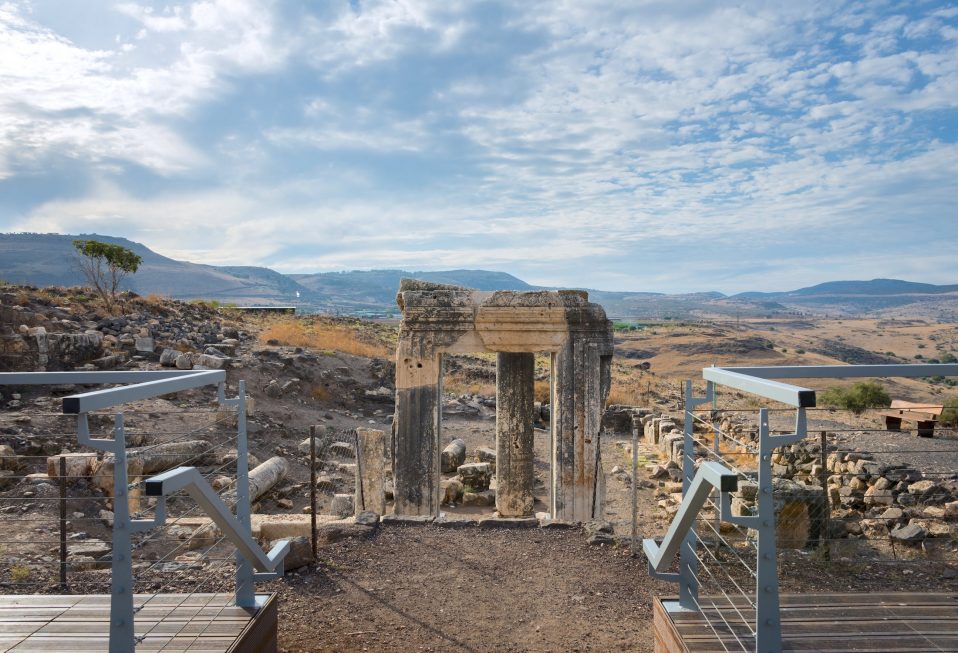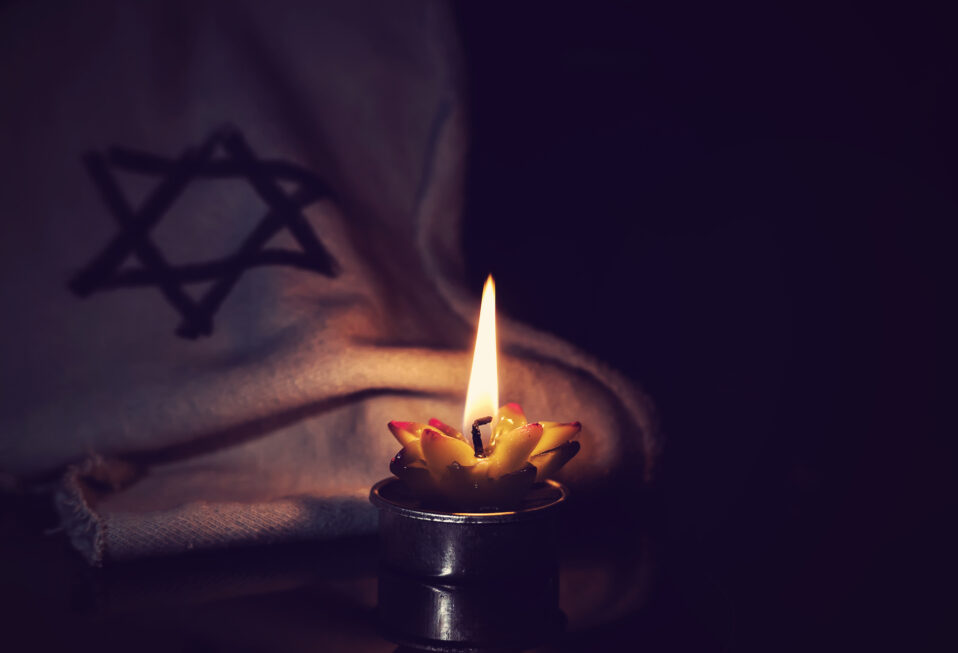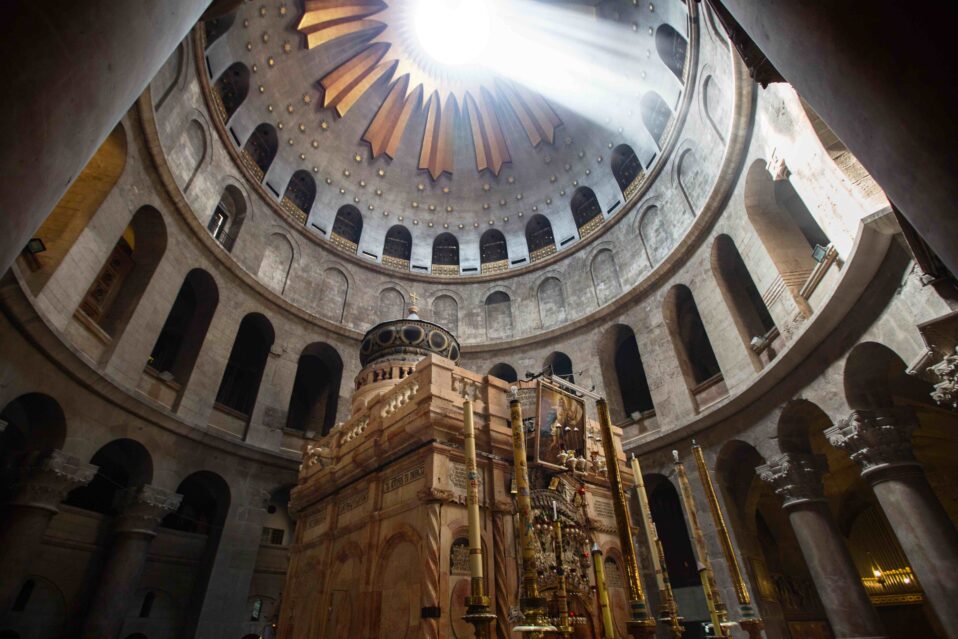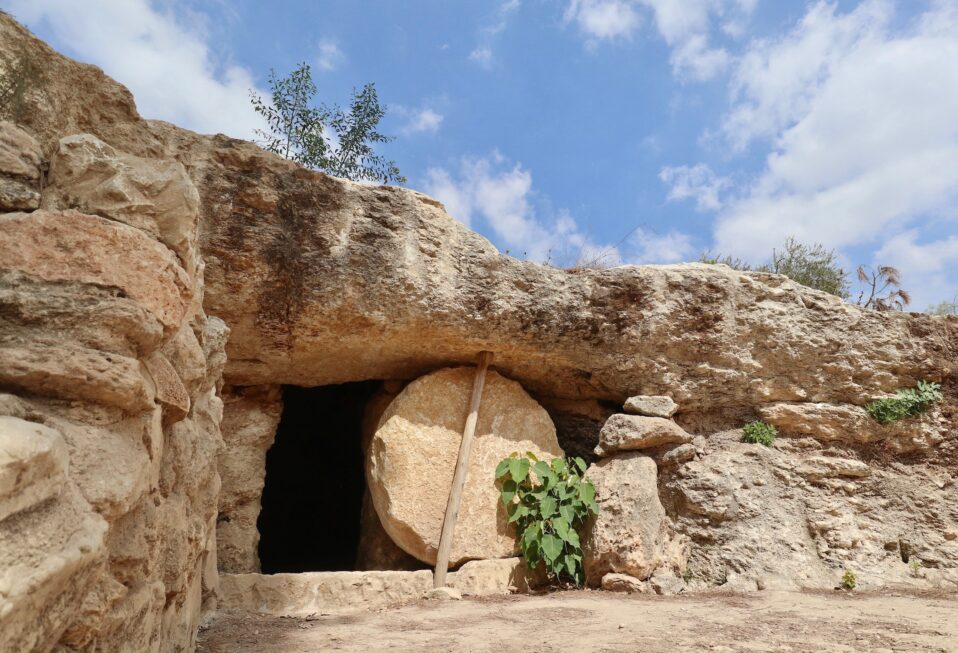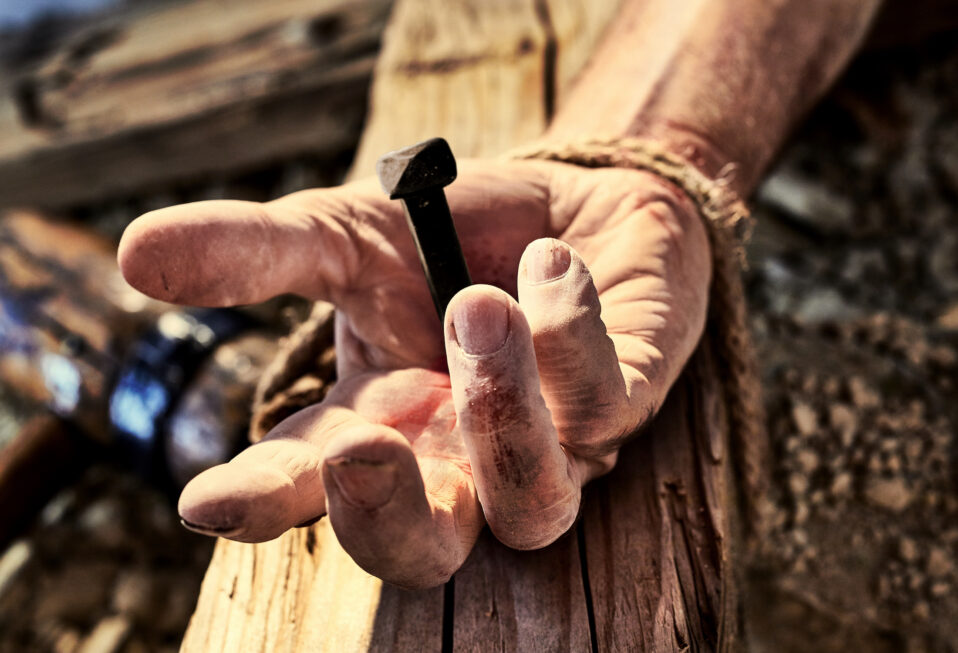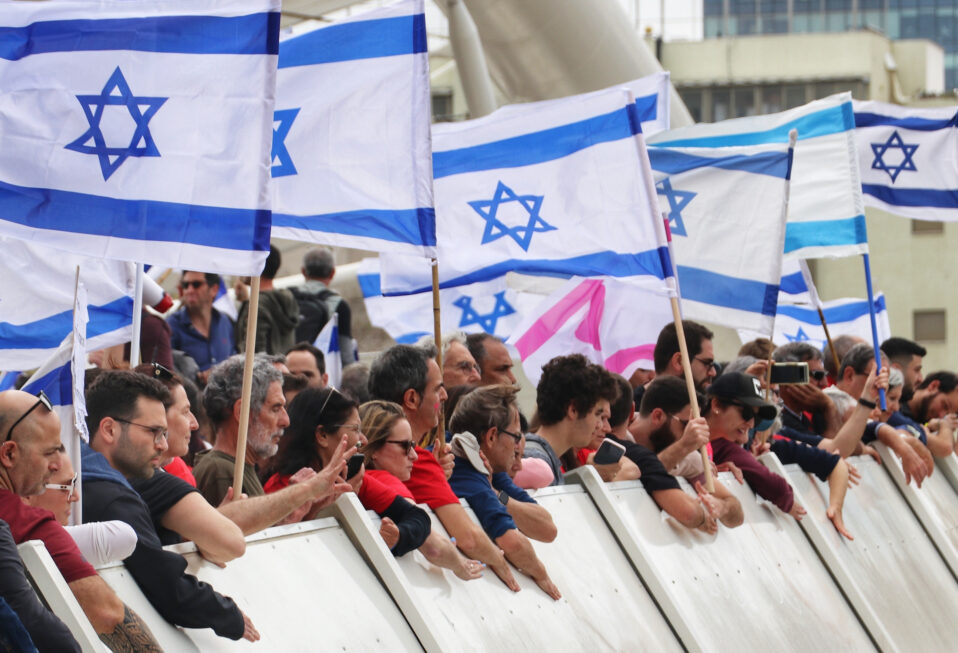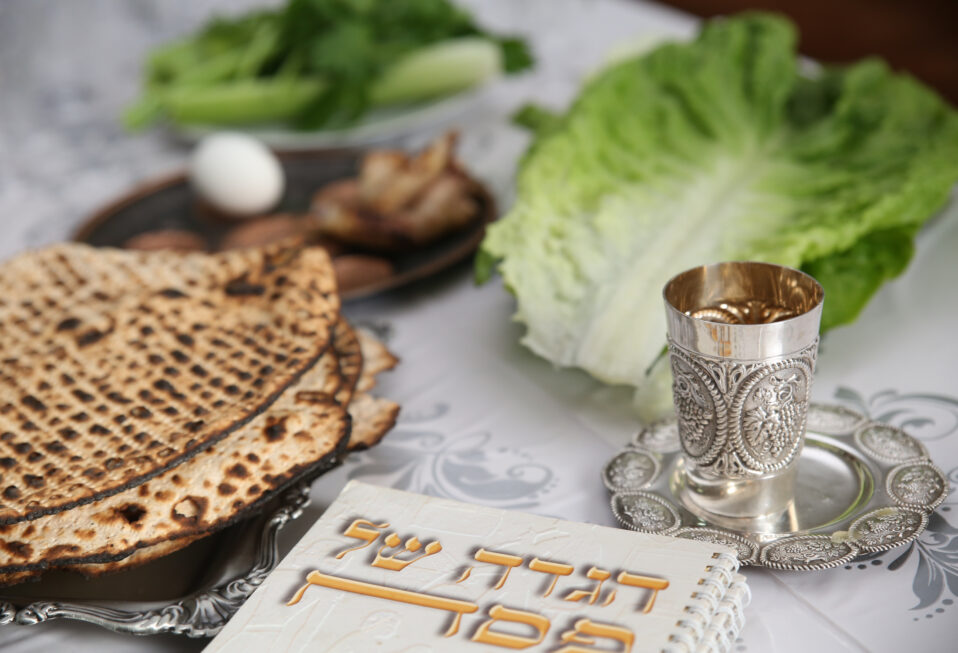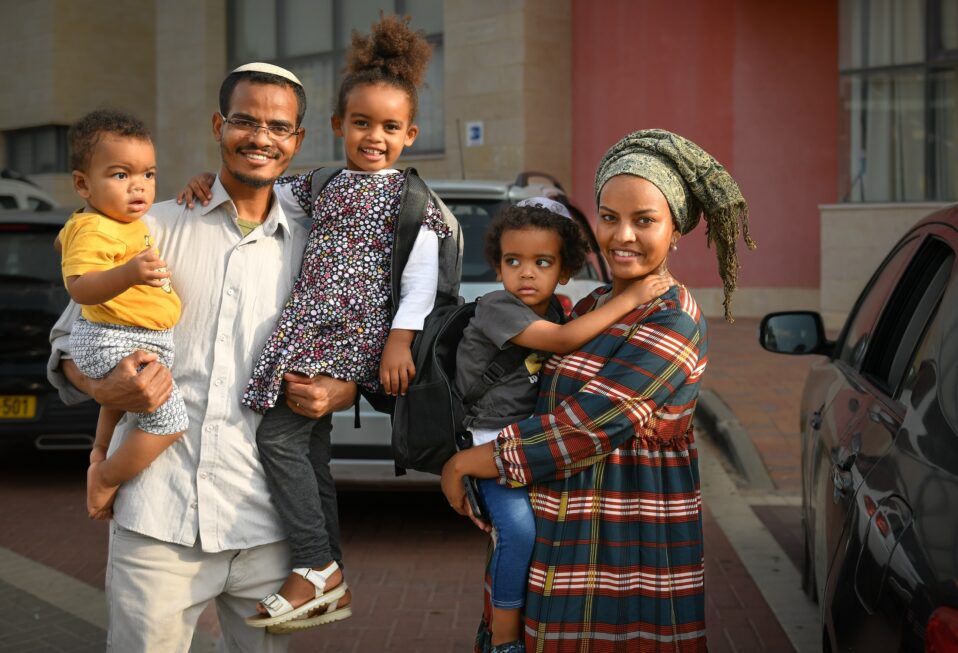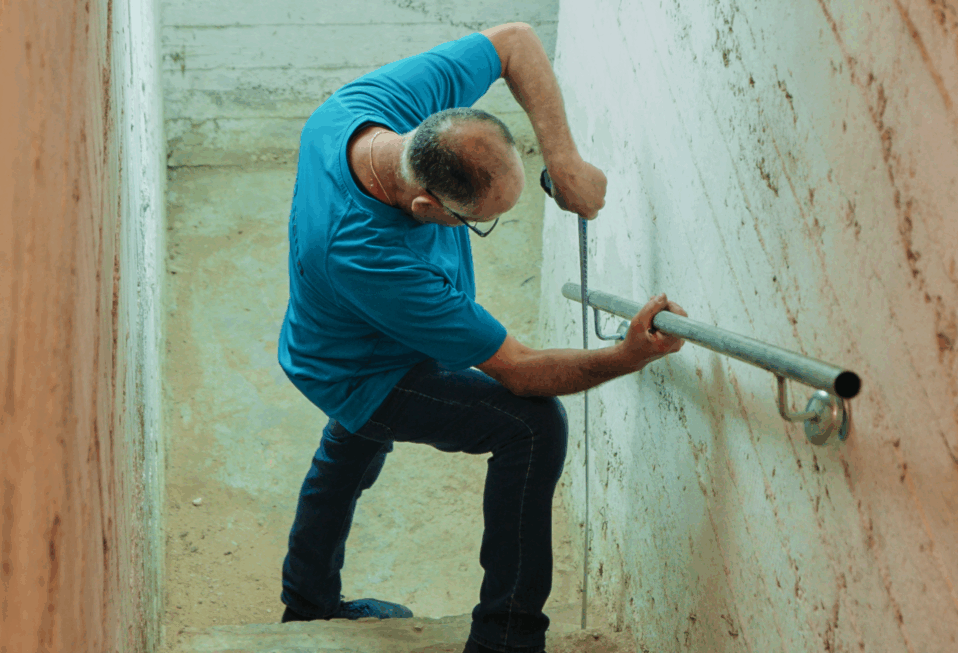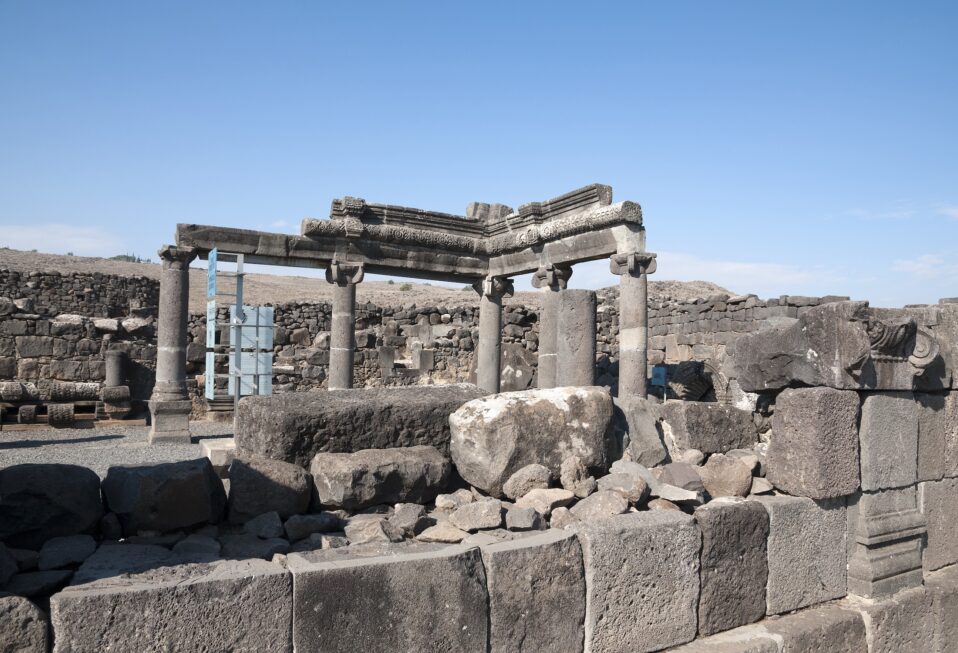By Arlene Bridges Samuels
Wildflowers are draping Israel’s hills in a show of breathtaking spring beauty. But they do so amid unprecedented political, religious, and security anxieties in the streets. Jerusalem teems with crisscrossing religious observances from the three monotheistic religions—Christianity, Islam, and Judaism—while Tel Aviv has been the epicenter of three months of massive protests. Hopefully, conflicts and disunity will transition into celebrations during Passover, which began April 5 and conclude on April 12.
At the Western Wall (Kotel), hope is tucked into every crevice of its stones with written prayers from throngs of Jewish and Christian residents and pilgrims. Sixty feet above them, over 100,000 Muslims crowd onto the Temple Mount for Ramadan prayers. The Ramadan holy month began March 22 and lasts until April 21. The Jewish seven-day Passover annually proclaims the Israelites’ freedom from Egyptian slavery. Christians just celebrated Palm Sunday to begin our Holy Week, where we too rejoice in freedom—freedom from sin’s slavery through the shed blood of our Lord Jesus, The Perfect Lamb of God.
The on-edge atmosphere in Israel—with overlapping religious observances of Christians, Jews, and Muslims—is taking place after 13 weeks of massive protests about the Knesset’s attempts to overhaul Israel’s judiciary. Prime Minister Netanyahu is hoping to restore the “lost balance” between the branches of government. Although he has finally paused the extremely controversial legislation until April 30, strife remains evident. Israelis are sharply divided on the issue and outraged at a variety of their leaders.
The judiciary reform potential and the competing interests of the secular, religious, political, and military are nuanced and complex, especially to those of us who do not live in Israel. At Ben Gurion Airport before the Prime Minister delayed the legislation, a few dozen protestors held up signs reading, “Welcome to the dictatorship.” Nevertheless, the fact that protests are going on is still a sign of Israel’s vibrant democracy, although the current disunity is alarming.
Most disturbing are the divisions developing due to some elite reservists’ units in the Israel Defense Forces (IDF) refusing to show up for duty. Briefly put, due to Israel’s small size and daily threats, the State of Israel requires every Israeli citizen over age 18—Jewish, Druze, and Circassian—to serve. After their active duty, many Israelis continue in the reserves until their 40s, providing a security backbone in a crisis. Prime Minister Netanyahu gave an ominous warning describing the current refusals as a threat to Israel’s existential foundation: “The country cannot exist without the IDF. There will not be a nation, it’s very simple.”
Netanyahu’s background serving in his younger years in an elite IDF combat unit, an expert on Iran’s nuclear pursuit, and with 15 total years as the prime minister, suggests he knows what he is talking about. Israel’s security concerns are escalating. Iran’s Islamic Revolutionary Guard Corps (IRGC) stationed in Syria means the Israeli Air Force must make more frequent incursions over Syria to bomb weapons depots and weapons convoys still arriving in that country on the ground and in the air. Internal terrorism from Palestinians is sanctioned by Palestinian Authority President Mahmoud Abbas, and a new Palestinian terror group called the Lion’s Den operates around Nablus, Jericho, and Jenin. The absolute necessity for the IDF to be on high alert and ready to defend the nation and its people cannot be understated. Hamas, the Gaza terror government, has already maintained its foothold in the West Bank (Judea and Samaria).
Israel’s enemies—both internal and external—pose a serious threat to the continual survival of the Jewish nation and her people. Its enemies rejoice as they watch Israel’s intensified internal strife and conflict. That reality, joined by an upsurge of anti-Semitism worldwide, means Israel faces an alarming convergence of problems.
And there is more. Israel prides itself in its treatment of Christians—as being the safest place for them to thrive. However, church leaders in Jerusalem’s Old City are troubled by growing incidents in their houses of worship and elsewhere. In February, an American Jewish tourist vandalized a statue of Jesus in Jerusalem’s Church of the Flagellation. An Armenian priest was spit upon. “Death to Christians” was sprayed on the wall of a monastery and two Jewish teens damaged 28 tombstones at the Protestant Mount Zion Cemetery. Ahead of Holy Week, Anglican, Armenian, Catholic, Orthodox, and other worshippers appealed to the government to ensure the safety for all Christian observances with the huge crowds of pilgrims streaming into Israel.
Clearly, Israel is undergoing a time of immense pressure and crushing. Now, in Holy Week 2023, it is a reminder that Jesus Himself underwent a crushing for us in the Holy Land 2,000 years ago. After finishing His last Passover supper, Jesus and His eleven disciples walked to Gethsemane in the darkness. “Gethsemane” combines two Hebrew words, Gat and Shmanim, defined as “the place where olive oil is pressed”—the “Garden of the Olive Press.”
In Jesus’ day, Gethsemane was a well-known location where presses made of stone crushed the olives. The larger presses included stones suspended with ropes from wooden crossbeams—some weighing up to a ton. The pulp underwent crushing until the precious commodity emptied into clay jars used for cooking, anointing oil, and Temple lamps.
Isaiah 53:5 foretold, “But He was pierced for our transgressions, He was crushed for our iniquities.” Like the wooden crossbeams of the olive presses, our Savior Jesus hung on the wooden beams of the cross crushed under the incalculable weight of our sins. Jesus bore a burden that only He in the history of the world confronted. He gave and sacrificed His life for all people for all time, producing the precious oil and blood of our redemption.
Following Jesus from the Garden of the Olive Press into the traumatic, violent night, recall what He said to the religious leaders: “Therefore My Father loves Me, because I lay down My life that I may take it again. No one takes it from Me, but I lay it down of Myself. I have power to lay it down, and I have power to take it again. This command I have received from My Father” (John 10:17-18). Despite the fact that Jesus was Jewish in His humanity, that His disciples were Jewish, and that the early church was composed mostly of Jews, Jews are blamed for “killing Jesus.” This accusation has led to centuries of anti-Judaism and anti-Semitism, which in effect ignores God’s redemptive plan of salvation. Remember, Jesus said, “I lay down My life that I may take it again. No one takes it from Me, but I lay it down of Myself.” No one could stop God’s redemptive plan!
Knowing more about Gethsemane and Jesus’ identification with the olive presses is another dimension about Jesus being crushed for us! During our Holy Week, let us agree that we must increase our prayers on Israel’s behalf, not because it is perfect, for no nation or persons are perfect. Yet, we do it because we believe in a perfect Jewish Savior who loves Israel and each of us unconditionally.
Our CBN Israel team encourages you, your families, and friends to have a glorious Resurrection Day remembering the eternal hope we have in our Lord Jesus! May you rejoice remembering that God’s Perfect Lamb perfected John 3:16: “For God so loved the world that He gave His only begotten Son, that whoever believes in Him should not perish but have everlasting life.”
Please join CBN Israel in prayer this week for the Jewish nation and people:
- Pray fervently for the peace of Jerusalem as instructed in Psalm 122.
- Pray for wise decisions from Prime Minister Netanyahu and all Israeli leaders.
- Pray for restored unity in the Israeli military and among all Israelis.
- Pray with thanks for Israel’s endless contributions to our world.
- Pray that Israel’s enemies will not take advantage of the current chaos.
Arlene Bridges Samuels pioneered Christian outreach for the American Israel Public Affairs Committee (AIPAC). After nine years on AIPAC’s staff, International Christian Embassy Jerusalem USA engaged her part-time as Outreach Director for their project, American Christian Leaders for Israel. Arlene is an author at The Blogs-Times of Israel, guest columnist at All Israel News, and has frequently traveled to Israel since 1990. She co-edited The Auschwitz Album Revisited and is a board member for Violins of Hope South Carolina. Arlene attends Israel’s Government Press Office Christian Media Summit and hosts her devotionals, The Eclectic Evangelical, on Facebook.


